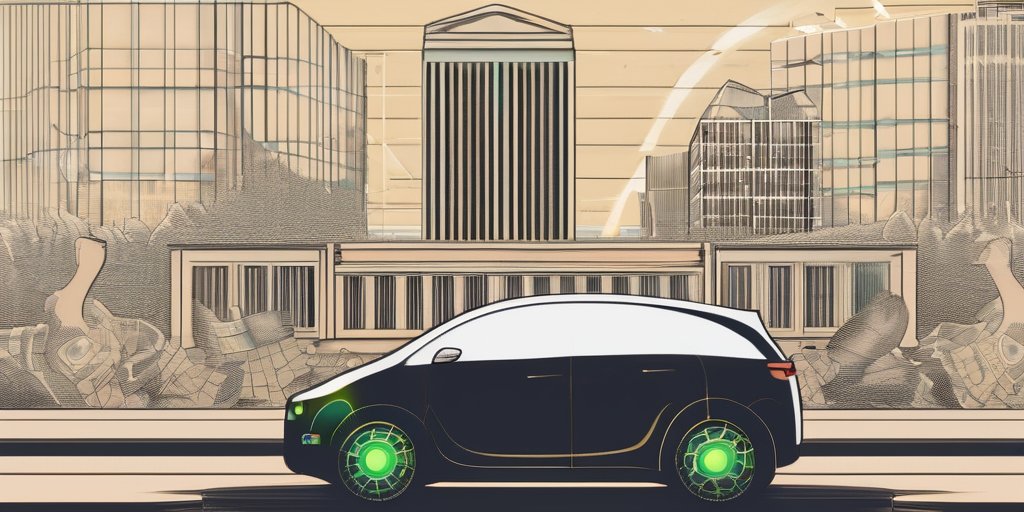In a high-stakes political drama, former President Donald Trump is embroiled in a heated feud with tech billionaire Elon Musk, following Musk’s controversial exit from the Department of Government Efficiency (Doge). Trump has accused Musk of dissent regarding his major legislative initiative aimed at cutting government spending, a move that would significantly alter the financial landscapes for electric vehicle (EV) incentives, amidst a push to tackle the national debt, which could rise by an estimated $3.3 trillion.
Musk’s tenure at Doge focused on identifying ways to eliminate unnecessary government expenditure, but his departure was sparked by disagreements over Trump’s “big, beautiful bill.” According to Trump, Musk’s backlash is primarily related to the proposed bill’s intention to strip away incentives for buying electric vehicles, which would negatively impact Musk’s flagship companies, Tesla and SpaceX.
In a press conference, Trump remarked, “He’s upset that he’s losing his EV mandate, he’s very upset, he could lose a lot more than that, I can tell you that.” The former president framed Musk’s financial interests and government subsidies as direct antagonists to the fiscal policies he champions. Trump asserted, “Doge is the monster that might have to go back and eat Elon. He gets a lot of subsidies.”
However, Musk has been vocal about his ideological commitment to reducing government spending and decried the proposed debt increase in a series of posts on his social media platform, X. He criticized lawmakers who voted in favor of the spending bill, insisting they should feel ashamed for contradicting their campaign promises to cut government expenditure. “Every member of Congress who campaigned on reducing government spending and then immediately voted for the biggest debt increase in history should hang their head in shame!” he declared, also vowing to oppose any candidates who fail to align their actions with their financial pledges.
Interestingly, Musk highlighted that eliminating EV incentives could enhance Tesla’s competitive position, presenting a nuanced stance amid the criticisms aimed at Trump’s policies. This ongoing conflict not only emphasizes the intricate relationship between government policies and private enterprise but also showcases the polarizing nature of Trump’s administration as it confronts the titans of industry. Both figures continue to shape public opinion in a politically charged atmosphere that may influence Trump’s 2024 presidential campaign and Musk’s ambitions in the political arena.
